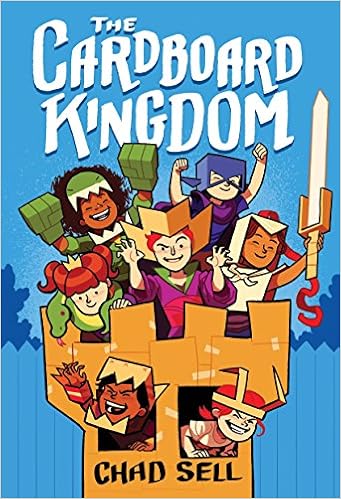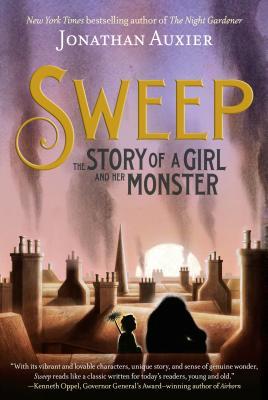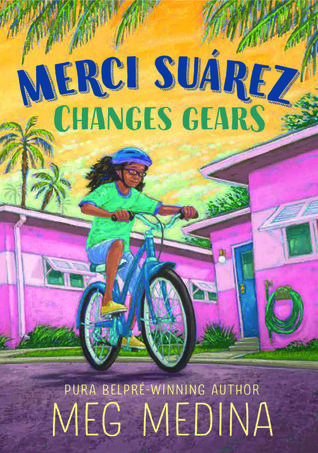We finished reading aloud
Can I Touch Your Hair? yesterday. It was not the first book I've read aloud this year that gave us the opportunity to talk about race. Our conversations started with
The Cardboard Kingdom, and continued with
24 Hours in Nowhere and
Not My Idea: A Book About Whiteness (a book which made
NPR's list of Best Books of 2018!). I'll write about the whole journey in a separate post. Just remember, we had had growing and ongoing conversations about race before we got to this book. Also, a note about the demographics of my classroom. Along with myself, four of my twenty-six students are white. The rest of the class is Middle Eastern, Latinx, African, African American, or Chinese. This is just to say that your conversations would certainly be very different than those in our classroom. When I write that other post about our journey in talking about race, I'll dig into the dynamics of teacher/student race.
Can I Touch Your Hair: Poems of Race, Mistakes, and Friendship. The power of this book lies within each word of the title.
Poems. There will be small packages of text that will allow the reader to stop, ponder, and discuss.
Race. Get ready, because you are going to explore some hard topics here.
Mistakes. If you're going to talk about race, you're bound to make mistakes. But making honest mistakes is a far better path than averting our eyes and not talking about it at all. (If you haven't read
So You Want to Talk About Race by Ijeoma Oluo, I highly recommend it.) When you know better, you can do better the next time.
Friendship. The book's characters, Irene and Charles, begin by only seeing each other skin deep. As they get to know each other, they find they have so many more important things in common that race (and even gender) becomes insignificant. What a powerful message for children (adults, too!!) to hear over and over again. It's
the danger of a single story. If we're going to move forward as a human race, we've got to stop seeing each other as just this or that. We have to get to know each other as complicated, diverse, interesting
individuals!
As I said, the pairs of poems are the perfect amount of text to read, then pause for conversation. As we read along, we talked about the topics that came up -- shoes, hair, church. But when one of the students prefaced his comment with, "
In movies they make the black people the athletes," I had the perfect way to move the conversation to a safer place by talking about the stereotypes that are perpetuated by the media. It's not that black people ARE the athletes, it's that "they make" the black people the athletes. Everyone had LOTS to say about stereotypes around race, gender, and age! We ended that rich conversation by sharing times when we "broke" a stereotype.
I highly recommend reading this book with children. I highly recommend making this book one part of an ongoing conversation about race.
Thank you to all who signed up to be
Poetry Friday roundup hosts in January-June 2019. We filled the schedule in under one week!
Liz has the Poetry Friday roundup this week at
Elizabeth Steinglass.
























































